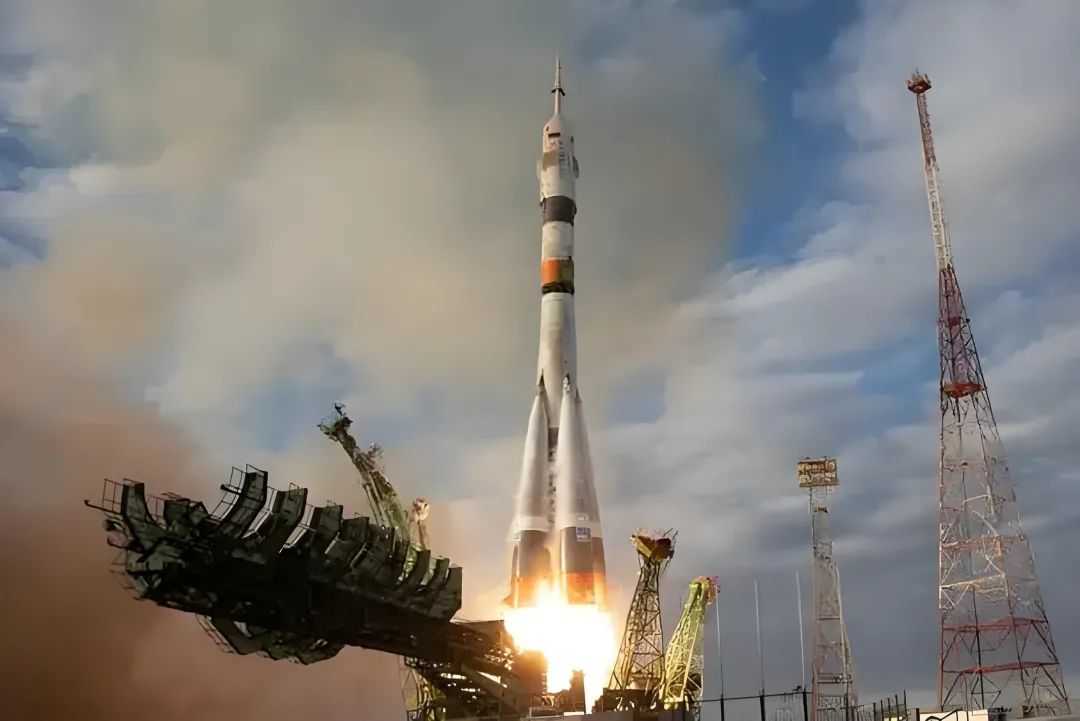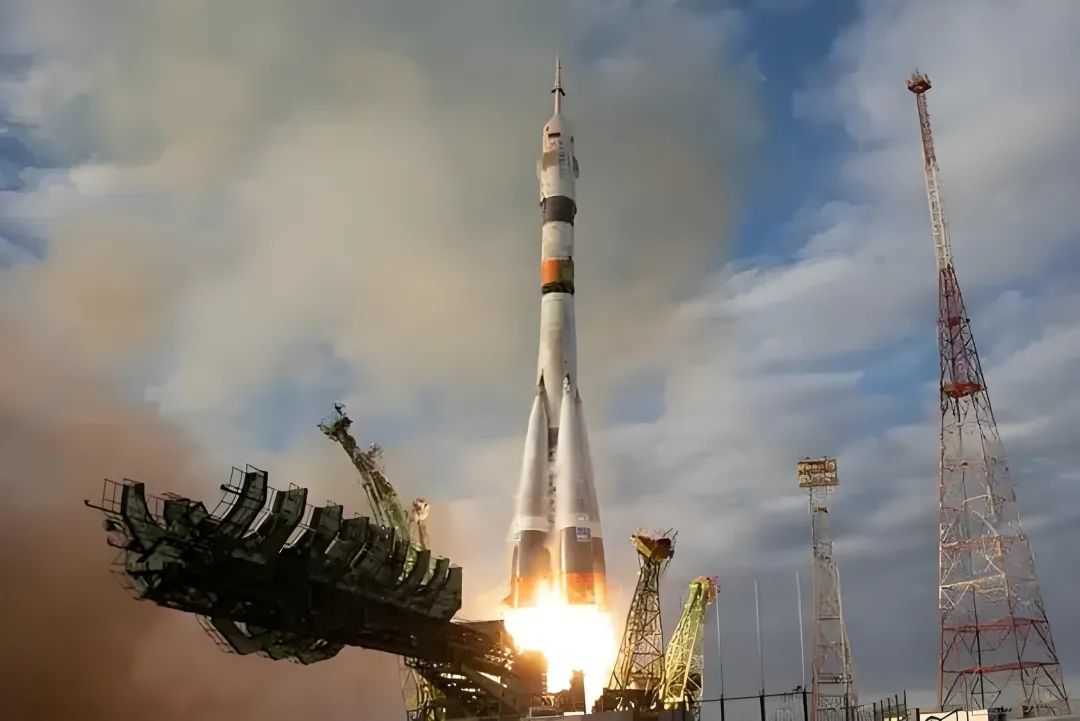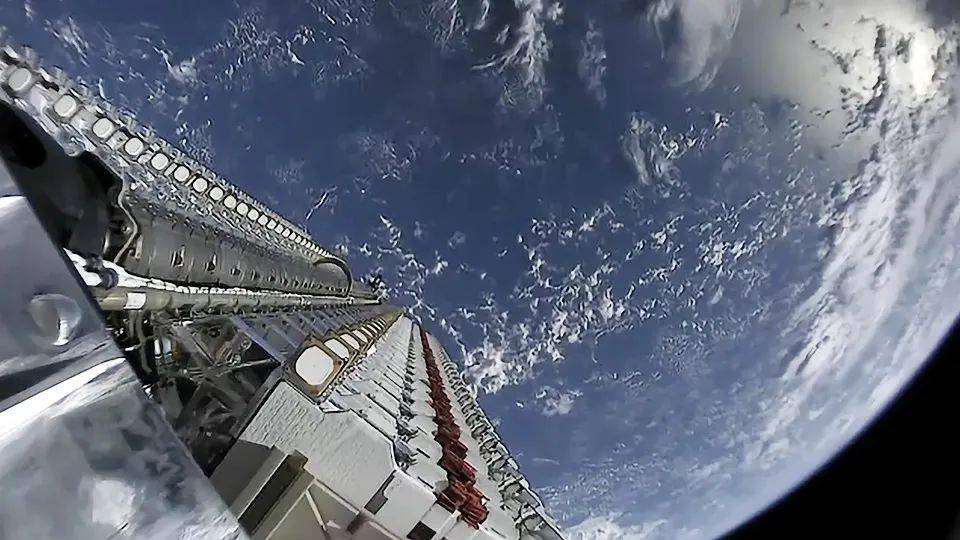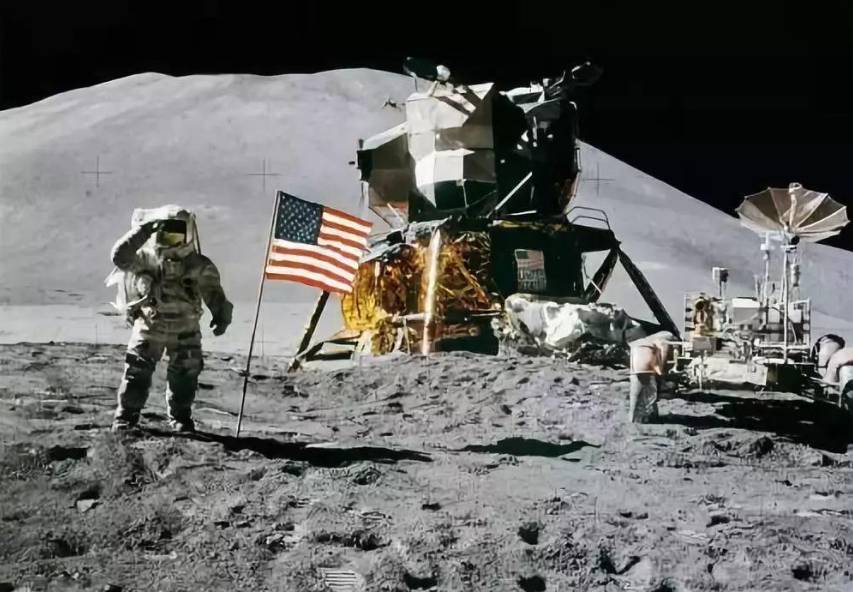As of 2023, Russia boasts 26 Nobel laureates, with a significant concentration in the fields of physics and chemistry. These achievements serve as a testament to the nation's enduring scientific legacy, deeply rooted in its rich academic traditions and historical contributions to global knowledge.
Russia's Nobel Heritage: A Blend of Historical Prowess and Contemporary Challenges
As of 2023, Russia boasts 26 Nobel laureates, with a significant concentration in the fields of physics and chemistry. These achievements serve as a testament to the nation's enduring scientific legacy, deeply rooted in its rich academic traditions and historical contributions to global knowledge.

Source: Images from the Internet, if there is any infringement, please contact the removal of
The majority of Russia's Nobel - winning research in physics and chemistry reflects the country's long - standing strength in fundamental science. Russian scientists have made seminal contributions to theoretical physics, including advancements in quantum mechanics and condensed - matter physics. In chemistry, their work has ranged from breakthroughs in inorganic synthesis to innovative research in materials science. This scientific prowess can largely be traced back to the Soviet era, when the nation made substantial investments in research and education, establishing world - class institutions and nurturing a generation of brilliant scientists. Russia's inheritance of the Soviet Union's scientific infrastructure and intellectual capital laid a solid foundation for its continued success in these disciplines.
However, despite its impressive Nobel track record, Russia currently faces economic challenges that have impacted its scientific research. The country's strained economic situation has led to reduced funding for research and development, making it more difficult to maintain the scale and scope of scientific endeavors. This decline in investment poses a threat to Russia's ability to sustain its scientific competitiveness on the global stage. Nevertheless, the resilience of its scientific community, combined with a renewed focus on strategic research initiatives, offers hope that Russia can overcome these obstacles and continue to make valuable contributions to the advancement of science.






